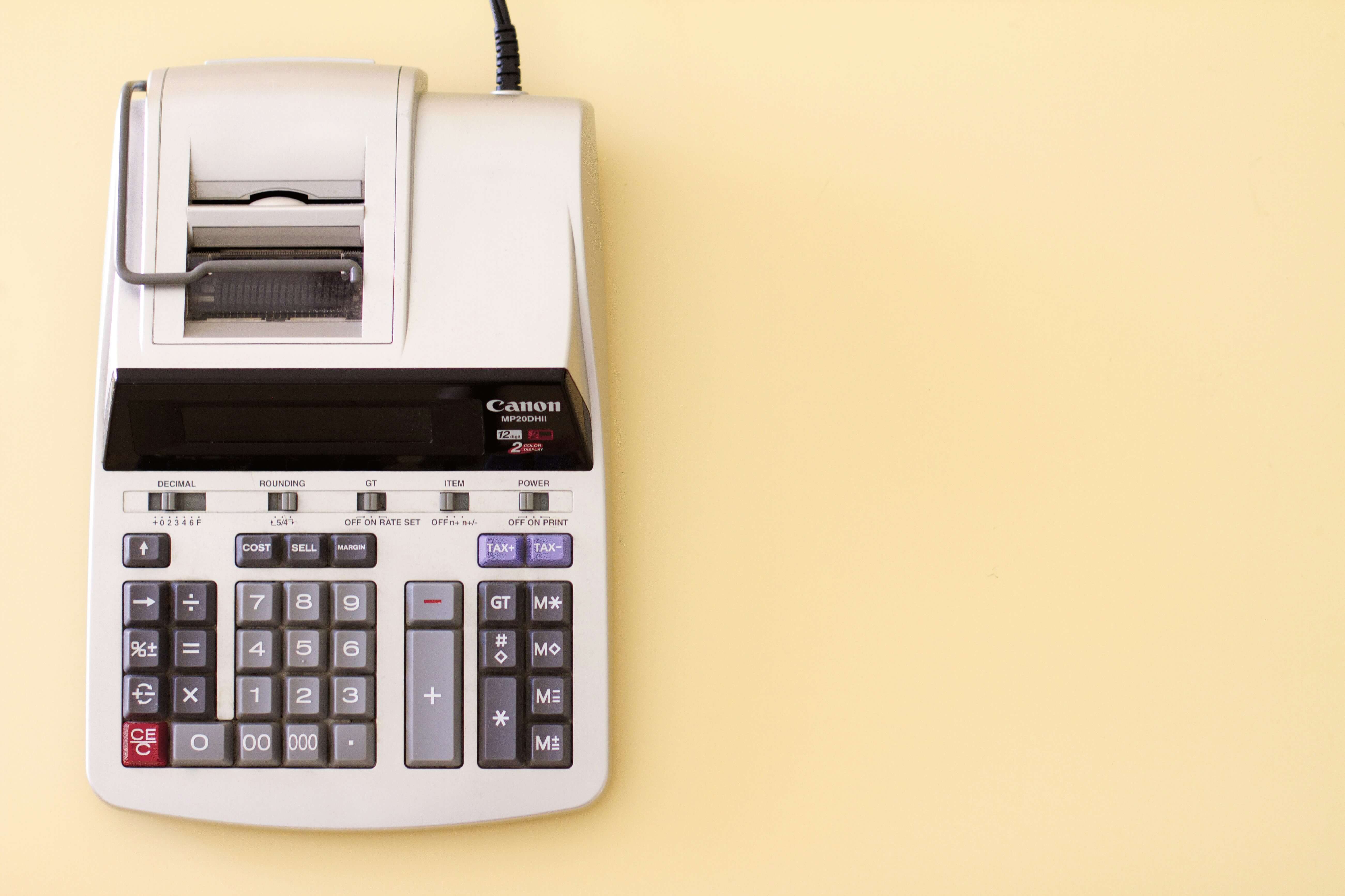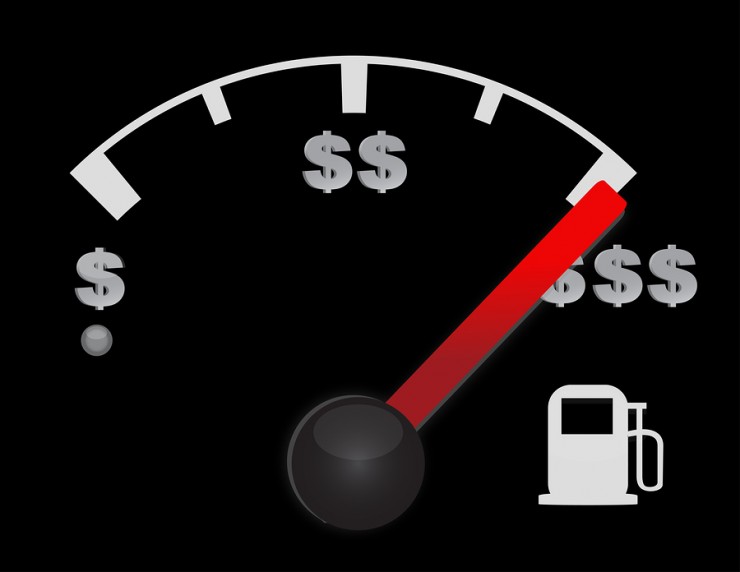 Nothing saps gas mileage quite like winter weather, which means a huge number of Americans are paying more to fill up this season. Plus, the Associated Press recently reported that gas prices are expected to rise in the coming weeks.
Nothing saps gas mileage quite like winter weather, which means a huge number of Americans are paying more to fill up this season. Plus, the Associated Press recently reported that gas prices are expected to rise in the coming weeks.
That means now is a great time to change a few bad habits in order to save money at the pump. You’ve probably heard that it helps to maintain your car by getting regular oil changes, keeping your tires filled and aligned, and changing the air filter regularly.
Here are eight more tips that can add up to significant savings.
Get Organized
Have you ever unloaded the groceries after a trip to the store, only to realize you forgot the toilet paper? Suddenly, a 10-mile round trip turns into 20 miles (and a big waste of time). Put a stop to unnecessary trips by always making a shopping list, whether it’s on paper or on your smartphone. And don’t just write down the groceries you need; write down the different stops you have to make—the bank, the pharmacy, the laundromat, etc.—and figure out the most efficient way to combine your errands.
Carpool
We live in a society where it’s normal for four people who are headed to the same place to drive four different cars to get there. We don’t like the idea of adjusting our plans by 5-10 minutes in order to use just one vehicle. Maybe we need to fear the high cost of independence more than we fear the inconvenience of carpooling.
Try checking around at work and church to see who lives nearby. Teaming up could save multiple families money and even build some new friendships.
Remember You Are Not a Race Car Driver
If gas prices jumped by 24 cents/gallon tomorrow, you wouldn’t be thrilled, right? Well, keep in mind that once you hit 50 mph, every time you speed up an extra 5 mph, you’re paying 24 additional cents per gallon. In other words, if you’re doing 60 mph in a 50-mph zone and you have a 15-gallon tank, you’re paying an extra $7/tank.
The race car principle also applies to braking and accelerating. According to the U.S. Dept. of Energy, riding the brakes and accelerating like a drag racer can lower your gas mileage by 33 percent. That can add up quickly at the pump.
Check before you go
With websites and apps like GasBuddy, there’s no excuse for not knowing where to find the cheapest gas, and prices can vary quite a bit from one side of town to the other. For example, in Boynton Beach, Fl., prices currently vary by as much as 38 cents/gallon depending on where you go.
Of course, you don’t want to inadvertently pay more money than you save by driving to an out-of-the-way gas station. That’s where Bankrate’s handy calculator comes in. If you enter a little information about your car and your area gas stations, it’ll tell you whether it’s worth it to drive a little farther to fill up.
Ditch the Junk in the Trunk
According to the U.S. Dept. of Energy, for every 100 pounds of weight you carry, you reduce your gas mileage by up to 2 percent. That set of golf clubs, cord of firewood or big box of items you’ve been meaning to take to Goodwill do not need to make a permanent home in your trunk. Unload the extra weight and save money.
Quit Idling
Does the following scenario sound familiar? You load the kids into the car, start the engine and proceed to buckle up, check your mirrors, check your hair, dig around for your sunglasses, dig around for a CD, check your email on your phone, tell the kids to stop harassing each other and—at least five minutes later—finally pull out of the driveway. If this is a typical day for you, don’t worry—you’re not alone. But you are wasting gas money by allowing the car to idle while you get your act together.
Unless the weather is unbearably hot or cold, trying running through your checklist before you turn on the engine. Even if your car idles for just 10 minutes a day, it could cost you more than $100 a year in wasted gas.
Track Your Mileage
This year, the federal government will reimburse 14 cents for every mile you drive for charity. Do you teach Sunday school each week? Volunteer at a soup kitchen? Drive to the Salvation Army to drop off used clothes? Track those miles so you can deduct them on next year’s tax return.
Here’s more information on the most recent mileage reimbursement rates for charity, business, moving and medical-related travel.
Consider a More Fuel-Efficient Car
This is a big one. While some of the above tips could save you hundreds of dollars, a different choice of vehicle could easily save you thousands. The website www.fueleconomy.gov allows you to compare gas mileage between new and used vehicles made in 1984 or later.
If you’re ready for a more drastic change, consider a hybrid or electric vehicle. In most cases you’ll pay more up front, but gas savings will have you pocketing more money in the long run.





 Some retirement plans have an option that will automatically bump up your contributions little by little each year. It’s a fantastic way to make retirement planning a priority without having to think about it. But if you don’t have an automated option, this is a great time to take a look at the state of your retirement funds.
Some retirement plans have an option that will automatically bump up your contributions little by little each year. It’s a fantastic way to make retirement planning a priority without having to think about it. But if you don’t have an automated option, this is a great time to take a look at the state of your retirement funds.




 Nothing
Nothing 


